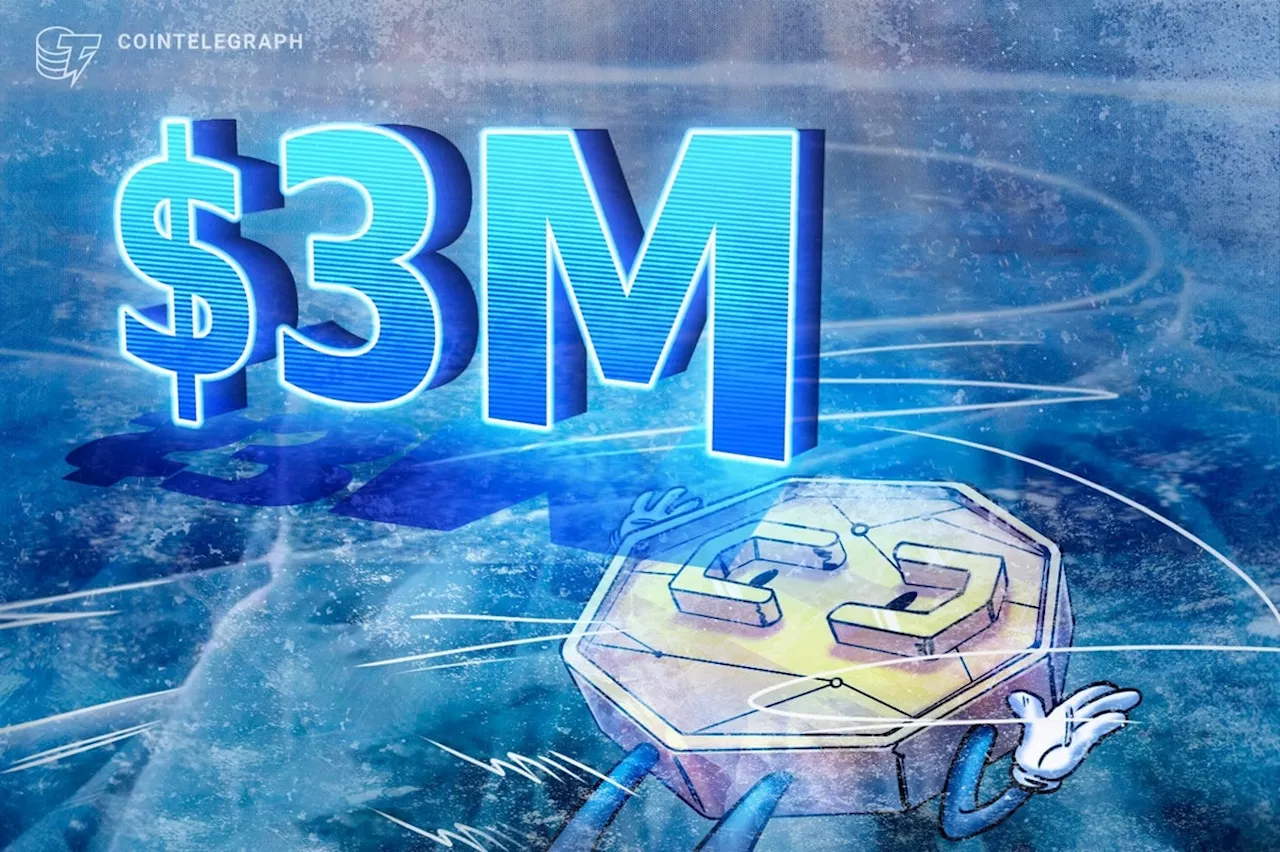Researchers from the Center for Whale Research have concluded that J64, a young orca calf from the J Pod, has likely died. This determination follows a series of observations where the calf was notably absent during encounters with its mother, J42, in the waters just north of Sidney, British Columbia.
Details Surrounding J64’s Disappearance
During a recent expedition, researchers captured images of J Pod whales near Village Bay on Mayne Island. They were hopeful to spot the calf alongside its mother, J42, but their efforts were met with disappointment. Despite repeated sightings of J42, J64 remained elusive, prompting the team to assess the calf’s status. The standard protocol among whale researchers dictates that an orca is presumed deceased after three consecutive encounters without the whale present.
According to the researchers’ statement on social media, “We found J42 and held the camera trigger down while waiting for J64 to pop up behind her. Unfortunately, J64 did not surface after J42.” The observers expressed initial hopes that the calf was simply nursing or playing elsewhere, but as time passed without a sighting, they reached a somber conclusion regarding its fate.
This calf had been first documented by the Orca Network and SeaDoc Society on September 18, 2023, consistently seen swimming close to J42 and displaying surfacing behaviors typical of a nursing calf. The loss of J64 is particularly poignant given the high mortality rates among young orcas, especially those born to first-time mothers. Factors contributing to these rates include inadequate nutrition and exposure to harmful toxins transferred from mother to calf during pregnancy and nursing.
The Importance of Healthy Ecosystems
The Southern Resident orca population relies heavily on a stable supply of Chinook salmon, which is crucial for their survival. The ongoing decline of these salmon populations poses a significant threat to the orcas. As researchers continue to monitor J Pod’s movements, they remain vigilant in their efforts to document changes and assess the health of the remaining whales.
The research team was dispatched to observe J Pod after receiving reports in late October about their movements in the Swanson Channel. As they departed from the area, the team expressed their disappointment at not being able to confirm the presence of J64, particularly as the pod made its way towards Active Pass.
The situation surrounding J64 serves as a reminder of the challenges faced by marine life in the region. As whales navigate their ecosystems, the implications of environmental pressures can have devastating impacts on their populations. The ongoing research and monitoring efforts by organizations like the Center for Whale Research are vital in understanding and hopefully reversing these trends for future generations of orcas.







